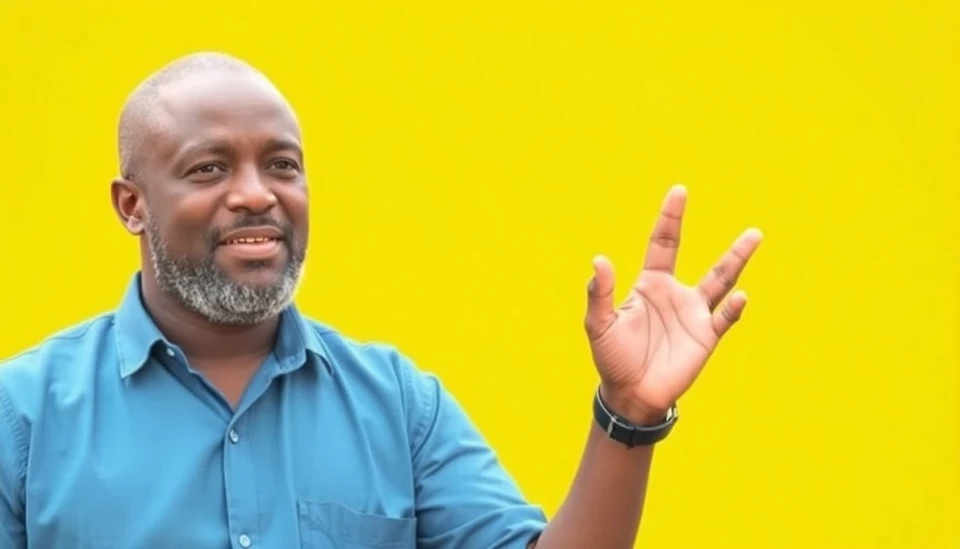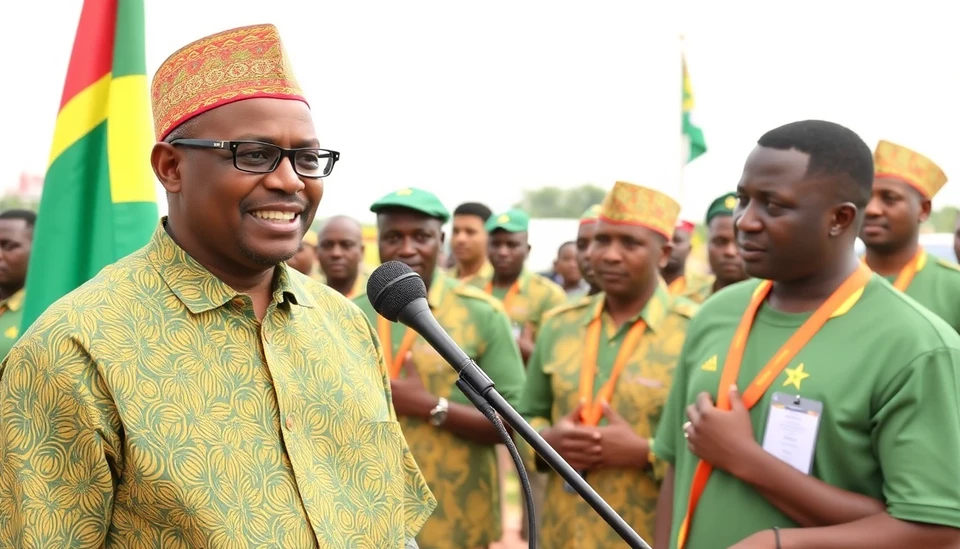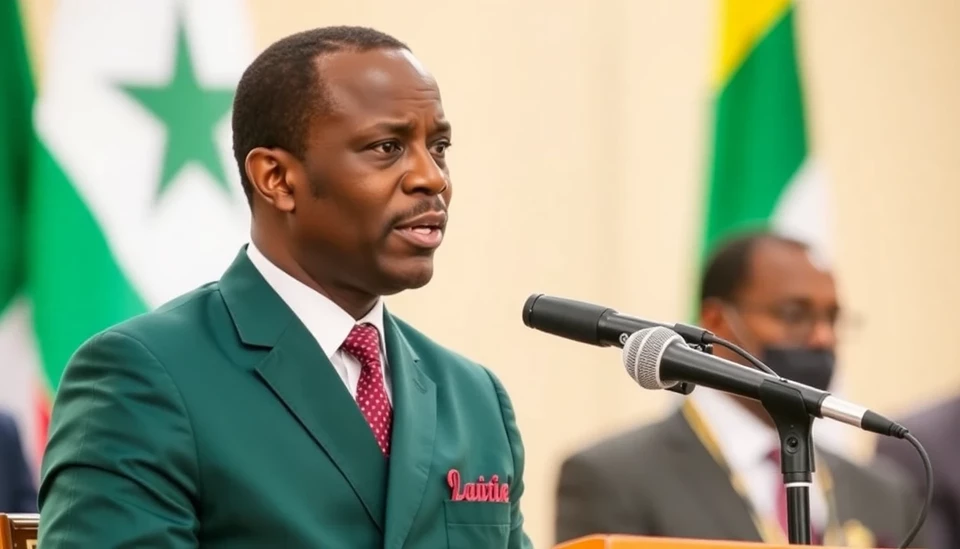
As Ghana approaches its pivotal presidential election, scheduled for December 7, the nation is grappling with multifaceted issues, none more pressing than the rampant illegal gold mining that has emerged as a significant concern. This contentious issue is not only an environmental challenge but also a critical factor in the political landscape, influencing voter behavior and shaping party platforms.
Illegal gold mining, often referred to as 'Galamsey', has been a longstanding issue in Ghana, where the rich deposits of gold have attracted miners seeking wealth, often bypassing regulatory frameworks and endangering the environment. The current state of mining practices has led to widespread deforestation, pollution of water sources, and a dramatic impact on local communities. Many citizens living near mining sites report adverse health effects and loss of livelihoods, prompting a growing demand for effective policy changes and enforcement.
In light of the election, candidates are increasingly vocal about their positions on illegal mining, recognizing its profound implications for both the economy and the environment. The ruling New Patriotic Party (NPP) and the opposition National Democratic Congress (NDC) are both vying to appeal to voters by addressing the crisis, although they differ significantly on how to approach the issue.
Current President Nana Akufo-Addo has faced criticism for his government’s inability to curb illegal mining activities effectively. His administration has previously pledged to clamp down on illegal operations and restore order to the sector. However, many citizens argue that these efforts have fallen short, leading them to question his commitment to sustainable mining practices and the well-being of affected communities.
On the other hand, the NDC has seized on this vulnerability, promising stricter regulations and a comprehensive plan to mitigate the illegal mining crisis. Party leaders argue that the current government's inaction has allowed illegal miners, often equipped with advanced technology and international backing, to flourish, posing a direct threat to the traditional small-scale mining sector and the environment.
The illegal gold mining dilemma has not only grown as a local scourge but has also attracted international attention. As global gold prices soar, illegal activities have intensified, drawing in foreign nationals and exacerbating the problem. Local communities are being torn apart, with residents often at odds over the benefits and repercussions of illegal mining. This divide signals a potential shift in the electorate's priorities, as many voters feel the impact of environmental degradation firsthand.
Amid the campaign rallying cries, grassroots organizations and environmental activists have rallied against both political parties, demanding immediate action to protect Ghana's natural resources and restore community lands damaged by mining. The mobilization of these groups presents a unique opportunity for voters to hold candidates accountable for their promises, fostering a political environment where environmental issues may take center stage.
The upcoming election thus represents more than just a choice between parties; it signifies a turning point for Ghana, where the intersection of environmental activism and political accountability could reshape the future of the nation’s lucrative mining industry. With a populace increasingly aware of the consequences of illegal mining, the electoral outcome could hinge on candidates’ positions and their ability to resonate with the electorate’s pressing concerns.
As election day approaches, the implications surrounding illegal gold mining in Ghana will undoubtedly weigh heavily on the minds of voters. The outcome may not only reflect the will of the people but also set a precedent for how the government addresses environmental issues, balancing economic opportunity with ecological stewardship in the years to come.
#GhanaElection #IllegalMining #Galamsey #EnvironmentalIssues #GoldMining #PoliticalCampaigns #NPP #NDC #VoterAwareness
Author: Sophie Bennett

